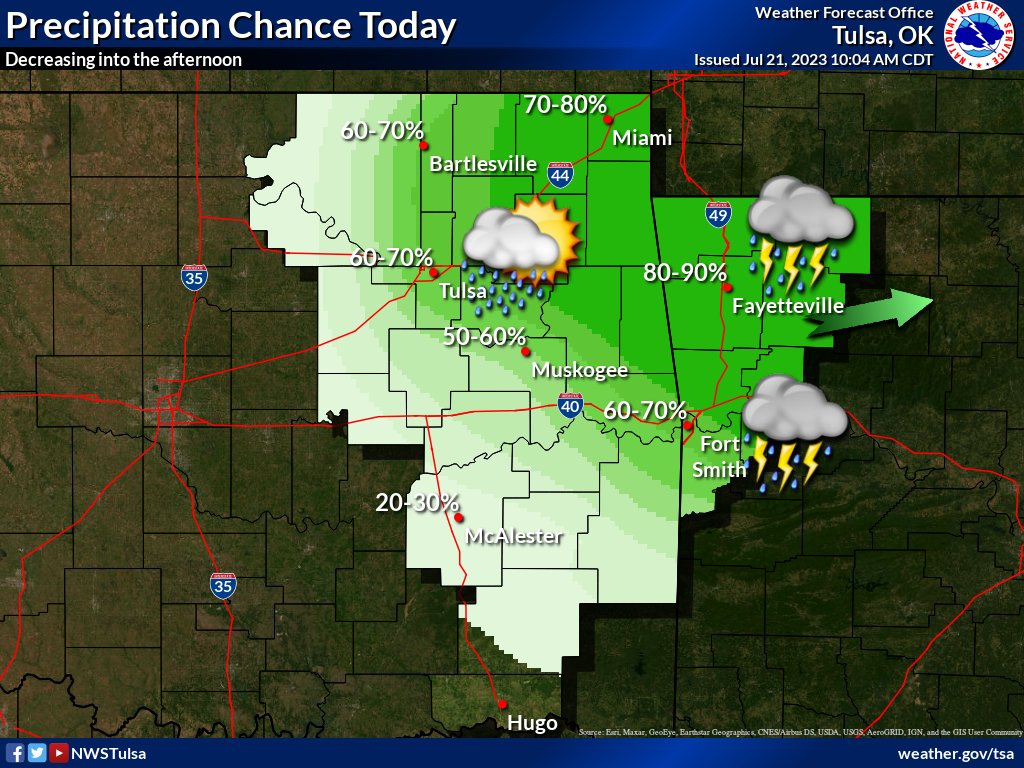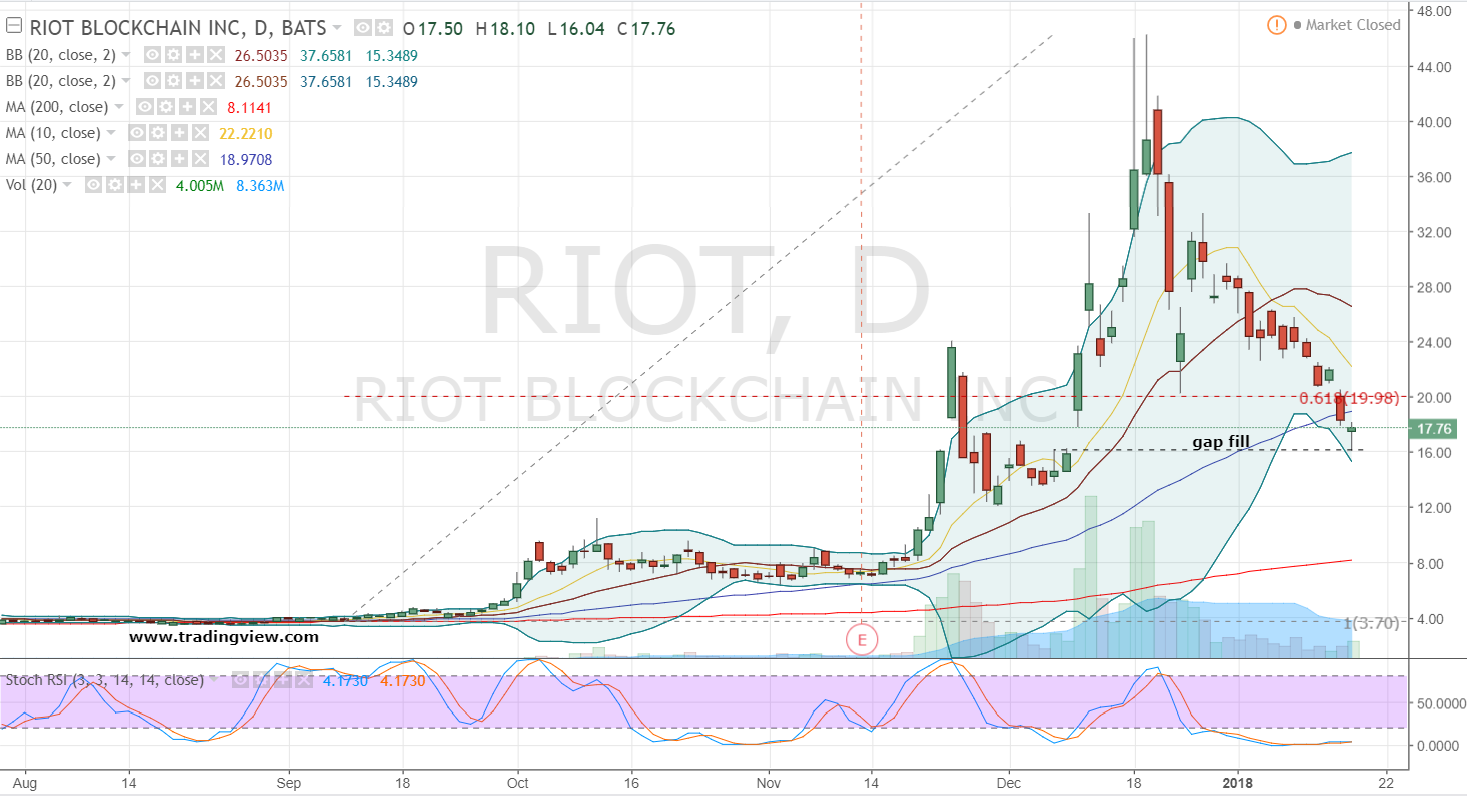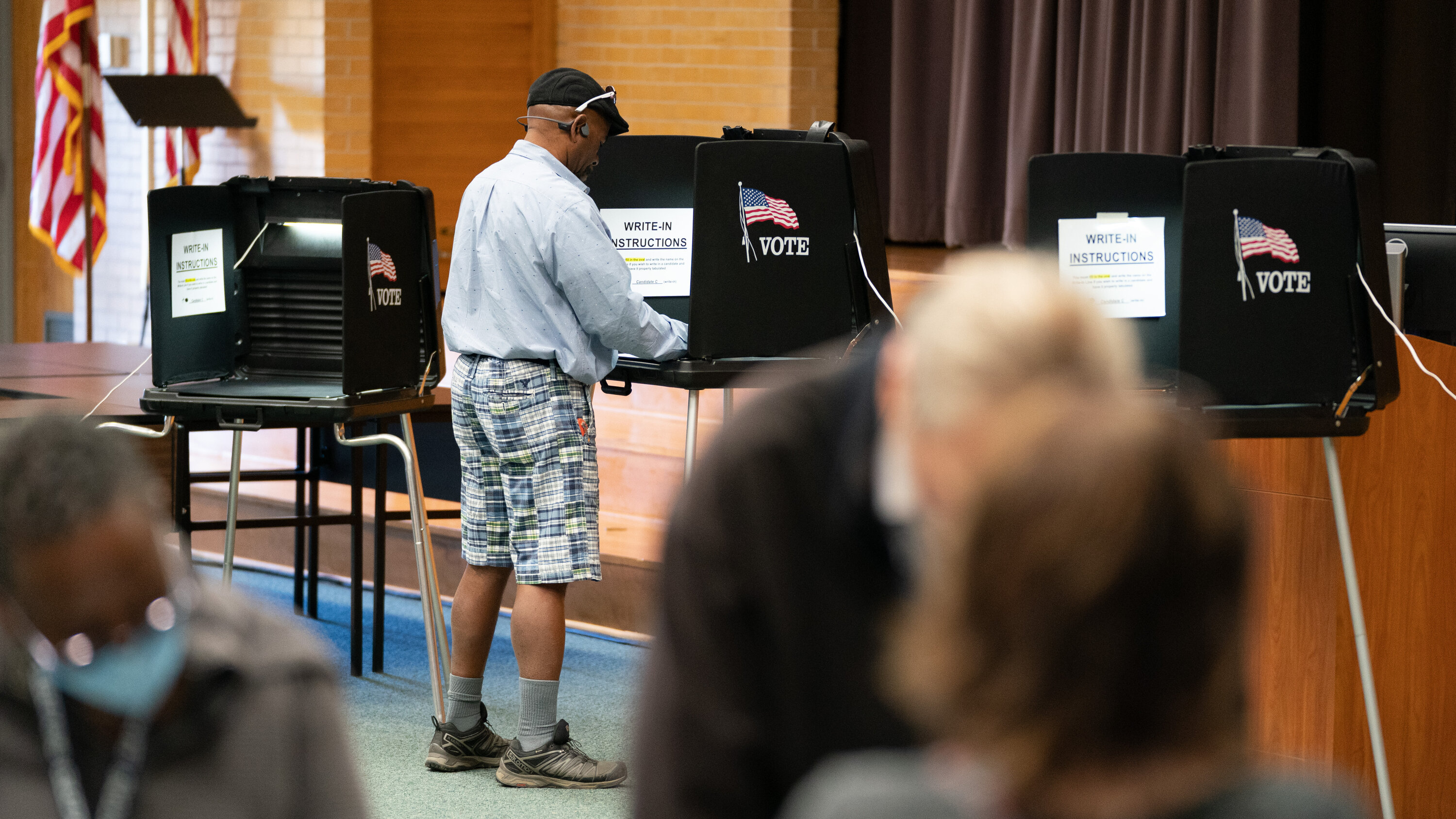Hollywood Shutdown: Double Strike Cripples Film And Television

Table of Contents
<p>The entertainment industry faces an unprecedented crisis. The simultaneous strike by the Writers Guild of America (WGA) and the Screen Actors Guild – American Federation of Television and Radio Artists (SAG-AFTRA) has brought Hollywood to a standstill, crippling film and television production and sending shockwaves through the global economy. This double strike, a significant turning point for the industry, demands a closer look at its causes, impacts, and potential resolutions. The ripple effects of this Hollywood strike are being felt worldwide.</p>
<h2>The Causes of the Hollywood Shutdown</h2>
<h3>Writers' Concerns</h3>
The WGA strike, which predates the actors' strike, stems from several key concerns regarding fair compensation and working conditions in the evolving media landscape. These include:
- Fair wages in the streaming era: The shift to streaming has dramatically altered the revenue model for writers, with residuals significantly lower than traditional broadcast television. The WGA argues that writers are not fairly compensated for the success of their work on streaming platforms.
- Protection against AI-driven writing tools: The increasing use of artificial intelligence in scriptwriting poses a significant threat to writers' livelihoods and creative control. The WGA seeks safeguards to prevent the exploitation of their work by AI.
- Minimum staffing levels on productions: The WGA is pushing for minimum staffing levels to ensure adequate support for writers and prevent overwork. Reduced staffing levels often lead to burnout and compromised quality.
- Increased residuals for streaming content: The core issue for writers remains securing fair residuals for their work on streaming services, mirroring the compensation models of the past.
<h3>Actors' Demands</h3>
The SAG-AFTRA strike amplifies the concerns raised by the writers, adding further pressure on the industry. Key demands include:
- Fair compensation for streaming residuals: Similar to the writers, actors are seeking fairer compensation for their work on streaming platforms, arguing that the current model undervalues their contributions.
- Protection against the use of AI in performance capture: The rise of AI in performance capture technology threatens to devalue actors' work and potentially displace them entirely. SAG-AFTRA is demanding regulations to protect actors' rights and prevent exploitation.
- Improved working conditions on set: The union is advocating for better working conditions, including reasonable hours, safe sets, and respect for actors' time.
- Addressing concerns about self-tape auditions and the erosion of benefits: The increasing reliance on self-tape auditions has reduced actors' agency and control over their work. SAG-AFTRA is addressing concerns about this trend and the resulting erosion of benefits.
<h2>The Impact of the Double Strike on the Industry</h2>
<h3>Production Halts</h3>
The simultaneous strikes have brought almost all major film and television production to a complete standstill:
- Major film and television productions indefinitely postponed: Blockbuster movies, popular TV series, and smaller independent projects are all on hold, creating a massive backlog.
- Set closures and crew layoffs across various projects: Thousands of crew members, from grips and gaffers to sound technicians and makeup artists, have been laid off, creating widespread economic hardship.
- Disruptions to post-production processes: Even projects already filmed are experiencing delays as post-production relies heavily on the involvement of both writers and actors.
<h3>Economic Consequences</h3>
The economic implications of the Hollywood strike extend far beyond the creative workforce:
- Significant losses for studios and production companies: The production halt translates to substantial financial losses for studios and production companies, impacting their bottom lines significantly.
- Negative impact on related industries like catering, transportation, and hospitality: Businesses that support the film industry, such as catering services, transportation companies, and hotels, are experiencing a sharp decline in revenue.
- Job losses beyond the immediate creative workforce: The ripple effect of the strike has caused job losses across various related industries, exacerbating the overall economic impact.
<h3>Impact on Consumers</h3>
The Hollywood strike has a direct impact on consumers, leading to:
- Delays in the release of anticipated films and television shows: Movie releases are being pushed back, and television seasons are delayed, leaving audiences frustrated.
- Potential for reduced content availability on streaming platforms: The lack of new content may lead to reduced content availability on streaming platforms, potentially impacting subscription numbers.
- Uncertainty regarding future programming schedules: The unpredictable nature of the strike makes it difficult to predict future programming schedules, leaving viewers in the dark about upcoming releases.
<h2>Potential Resolutions and Future of the Hollywood Strike</h2>
<h3>Negotiation Strategies</h3>
Resolving the double strike requires careful negotiation and compromise from both sides:
- Analysis of past strike resolutions: Examining past successful strike resolutions provides valuable insights into potential strategies and compromises.
- Possible compromises and concessions from both sides: Both the studios and the unions will likely need to make concessions to reach an agreement.
- Role of mediators and government intervention: Mediators and even government intervention may play a crucial role in facilitating negotiations and finding common ground.
<h3>Long-Term Implications</h3>
The outcome of this Hollywood strike will have long-term consequences:
- Potential for lasting changes in industry practices and labor relations: The strike could lead to significant changes in how the industry operates, impacting working conditions and labor relations for years to come.
- Shift in the balance of power between studios and creative talent: The outcome of the strike could reshape the balance of power between studios and creative talent, potentially giving more leverage to unions.
- The future landscape of film and television production: The strike could fundamentally alter the future landscape of film and television production, influencing how content is created and distributed.
<h2>Conclusion</h2>
The Hollywood shutdown caused by the simultaneous WGA and SAG-AFTRA strikes represents a critical moment for the film and television industry. The underlying issues of fair compensation, the impact of streaming, and the rise of AI are forcing a necessary conversation about the future of work in entertainment. The economic consequences are substantial, impacting not only the studios and creatives but also related industries and consumers. The resolution of this double strike will significantly shape the future of Hollywood, determining the balance of power and the working conditions for generations to come. Understanding the complexities of this Hollywood strike is essential to grasping the evolving landscape of the entertainment industry. Stay informed about the latest developments in this ongoing Hollywood strike and its impact on film and television.

Featured Posts
-
 100 Year Old Actress Priscilla Pointer Passes Away
May 02, 2025
100 Year Old Actress Priscilla Pointer Passes Away
May 02, 2025 -
 Bae Ve Orta Afrika Cumhuriyeti Imzalanan Ticaret Anlasmasinin Oenemi
May 02, 2025
Bae Ve Orta Afrika Cumhuriyeti Imzalanan Ticaret Anlasmasinin Oenemi
May 02, 2025 -
 Tulsa Nws Forecaster Reports Near Blizzard Conditions
May 02, 2025
Tulsa Nws Forecaster Reports Near Blizzard Conditions
May 02, 2025 -
 Whats Driving The Price Of Riot Platforms Riot Stock
May 02, 2025
Whats Driving The Price Of Riot Platforms Riot Stock
May 02, 2025 -
 North Carolina Supreme Court Election Appeal Analyzing The Gop Candidates Strategy
May 02, 2025
North Carolina Supreme Court Election Appeal Analyzing The Gop Candidates Strategy
May 02, 2025
